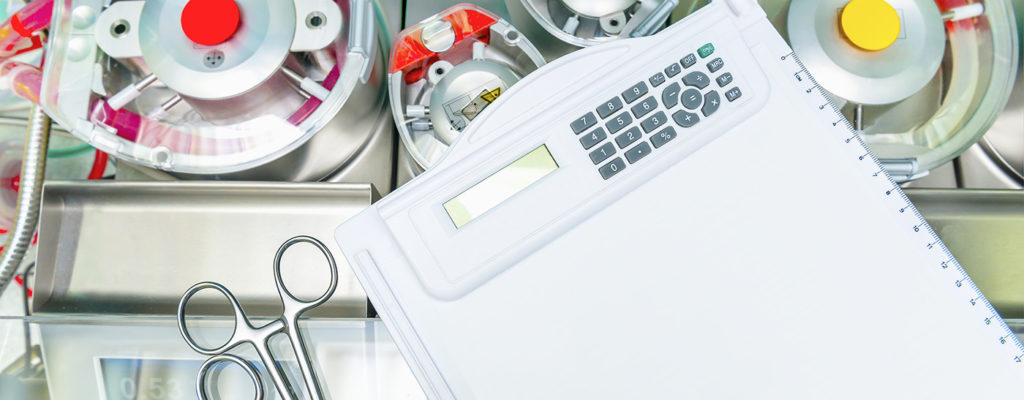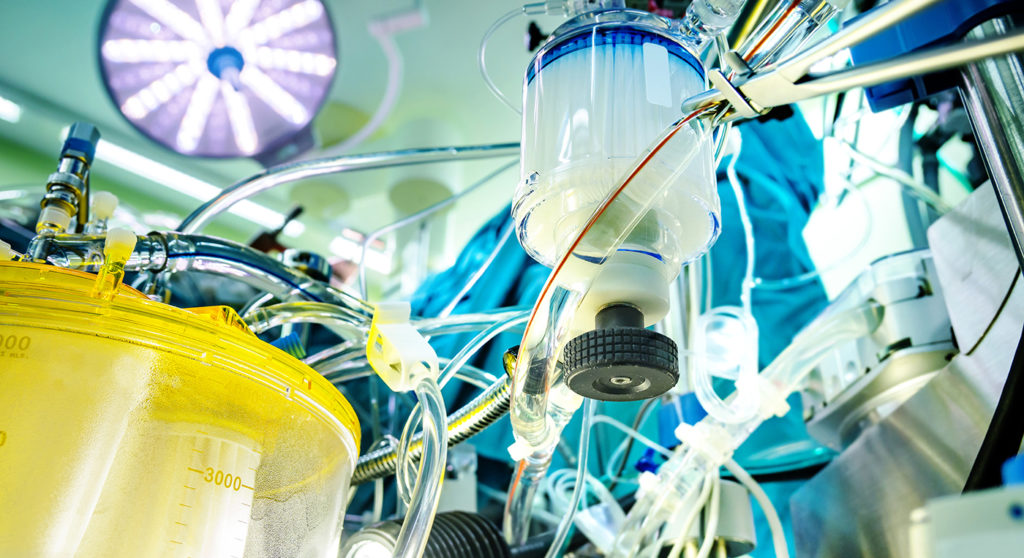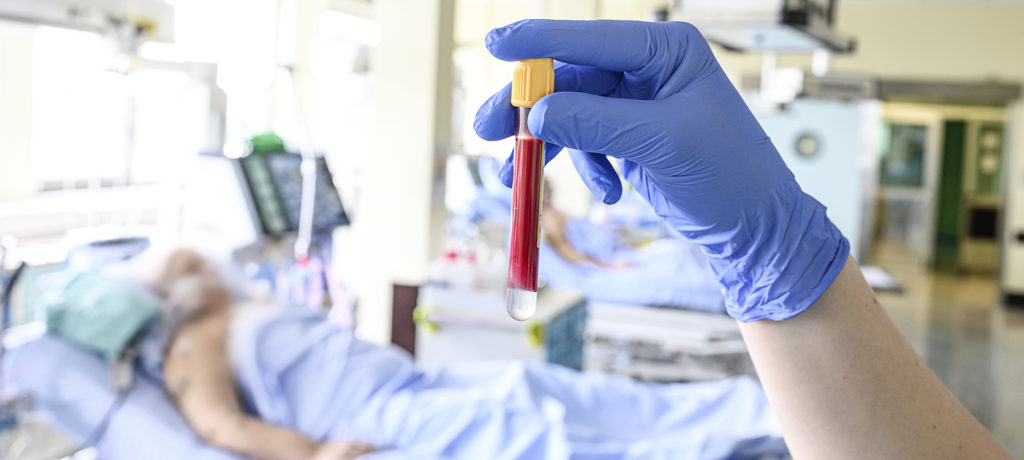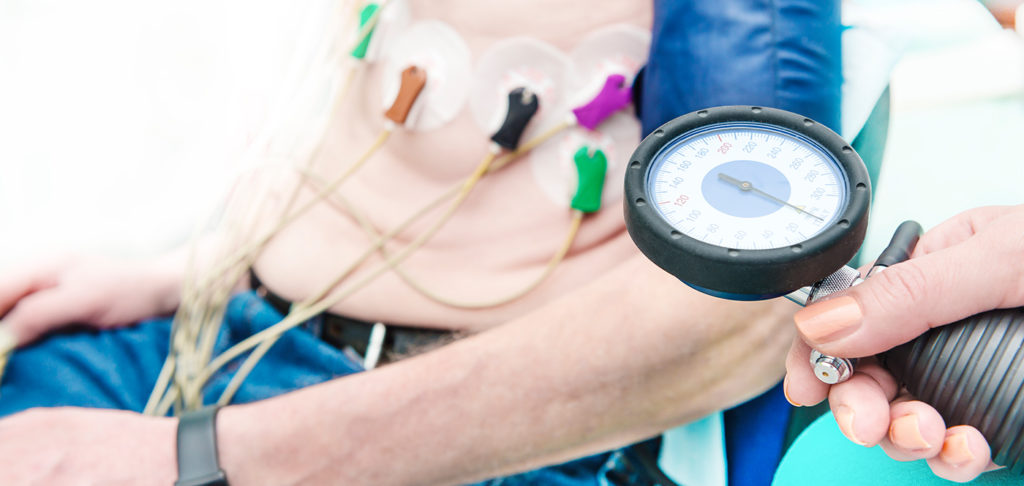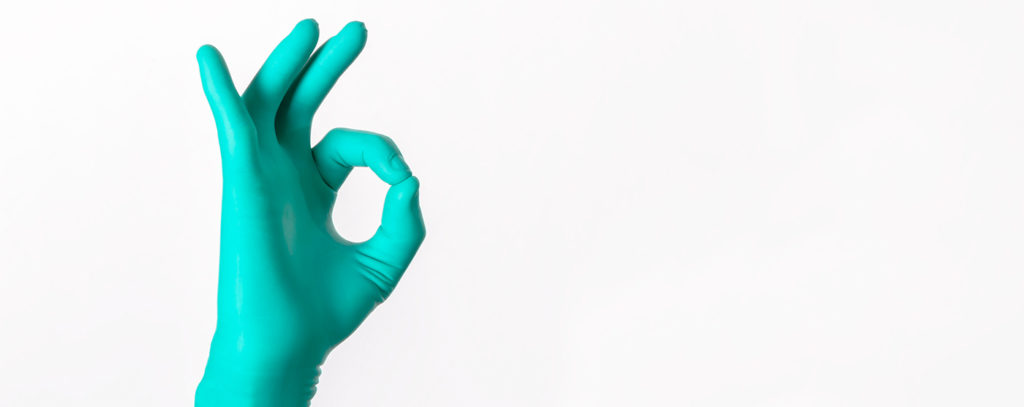Cardiac surgery is an essential and sometimes inevitable step in your life. The best results and quality of life afterward are achieved if elective heart surgery is done on time because one of its most important goals is to prevent further heart dysfunction. In unstable or emergency cases, of course, life-saving is of paramount importance. You should accept forthcoming surgery only as a job that for the best of your well being. Such an approach will help you to be mentally and physically prepared for the operation and to build and grow most than needed positive attitude.
Your heart surgeon will provide you a list of necessary tests and exams to do preoperatively. Please stop smoking as soon as possible and leave it not just for the surgery but for a lifetime. If you have lung function impairment or smoking history, two weeks of pre-op respiratory physiotherapy will ease your breathing afterward. Dentist clearance for valve surgery patients to exclude root or gum infection, in particular, is necessary for cardiac surgery departments. Only mind physical activity is allowed preoperatively.
You will receive some sedation before entering the operating room. That will calm you and make anxiety to disappear. Please listen to what the operative room staff will tell you. Some i.v. lines will be placed as well as other OR setting. You will breathe oxygen through a face mask, and slightly fall asleep once the anesthesiologist gives you anesthetics.
Cardiac operation is demanding procedures and lasts from 3 to 6 hours, or even more depending on the surgery. Your family should not be upset if you stay in OR more than predicted, which is generally quite common. A surgeon is going to inform your close ones about your condition once you arrive in ICU.
You will wake up in ICU during the day, sometimes till the morning, depending on your surgery and your condition. You will also realize the presence of a plastic tube coming out of your mouth, a tube tube for lung ventilation. Be relaxed because the doctor will remove it as soon as possible once you are fully awake and capable of breathing yourself.
Some chest pain is normal after the surgery, and ask for painkillers to relieve it. A urine catheter placed during the operation will still be in your urethra. Tubes for chest drainage will be removed while in ICU.
ICU stay after the heart surgery is between 24 to 48 hours, or even longer depending on your condition
Your condition is improving while in the floor unit. A nurse will help you get out of bed for the first time after the surgery. Always take a seat for a while before standing up to avoid dizziness and falling.
Number check-ups like ECG, x-rays, and blood tests will be done during ward stay. Try to sleep on your back if operated through a median sternotomy. If operated by video-assisted or other minimally invasive heart surgery, sleeping on your side is allowed.
Sa daljim oporavkom bliži se i dan vašeg odlaska iz bolnice. Bolovi će polako prestati. Ostaće slabi – tupi bolovi koji mogu potrajati mesec do dva. Takodje možete osećati utrnulost leve strane grudnog koša ukoliko vam je radjen bypass. To je posledica korišćena mamarne arterije za bypass, i polako će prestati. Povremeno možete imati nešto povišenu temperaturu. To je uglavnom bezazlena temperatura koja nestane do otpusta.
Do odlaska kući uradiće se nekoliko analiza krvi, rentgenskih snimaka pluća i ultrazvuk srca. Bićete otpušteni stabilnog zdravstvenog stanja, bez temeprature, sposobni da se sami opslužujete. Rane moraju da budu suve i uredne na otpustu. Otpust se predvidja od 7 do 10-og postoperativnog dana. Bolesnic operisani endoskopskim putem opuštaju se ranije. Konci ostaju u rani na otpustu. Skidaju se 10 do 14 dana nakon operacije u mestu stanovanja ili lokalnoj hirurškoj ambulanti.
Transport do kuće bi trebalo da bude organizovan od strane službe hitne pomoći i bolnice. Kola hitne pomoći nisu neophodna za prevoz do kuće za sve bolesnike. Ukoliko imate mogućnost sopstvenog prevoza kolima obavestite na vreme bolničko osoblje. Nemojte odlaziti iz bolnice bez pratnje.
Na izlasku iz bolnice dobićete otpusno pismo u kome će biti detaljno opisana vaša bolest, operacija i postoperativni tok sa svim daljim uputstvima. Takodje će biti prepisani i potrebni lekovi. Dozu za taj dan ćete dobiti od bolnice, nakon čega trebate sami da nabavite lekove kod vašeg lekara opšte prekse.
Po dolasku kući ponašajte se u skladu sa svojim sposobnostima. Nemojte previše ležati, ali ni previše se forsirati. Jedite normalno u skladu sa dijetetskim režimom sa za srčane bolesnike koji uglavnom predvidja hranu sa manje soli, sa manje životinjskih masti. Ishrana treba da bude obogaćena maslinovim uljem, morskom ribom, voćem i povrćem. Bolesnici na antikoalgulantnoj terapiji (veštački zalisci, atrijalna fibrilacija i sl.) ne bi trebalo da uzimaju previše zeleniša i morske ribe jer to može smanjiti vrednmosti INR-a. Nemojte pušiti. Alkohol se generalno ne preporučuje, ali minimalne doze ne bi trebale da vam škode. Sa seksualnom aktivnosti nastavite za otprilike dva meseca.

